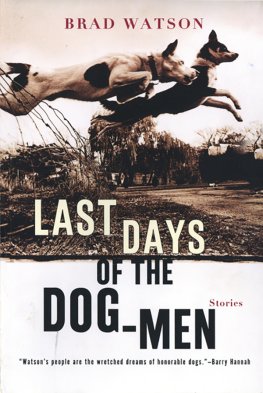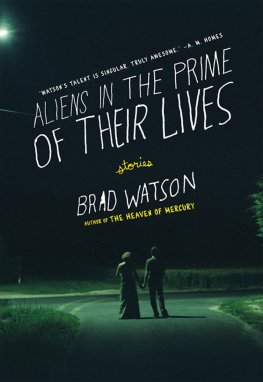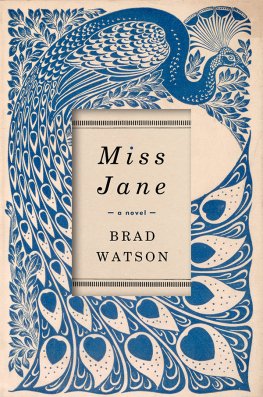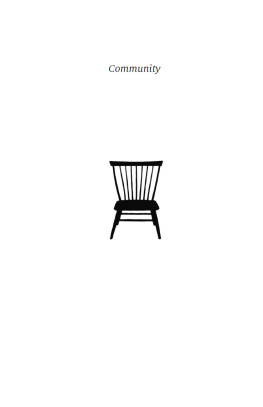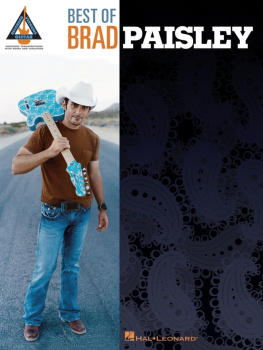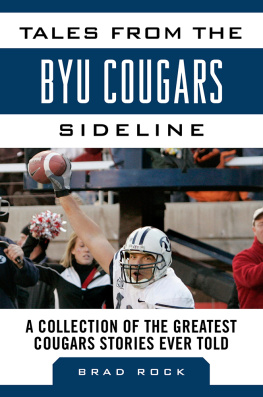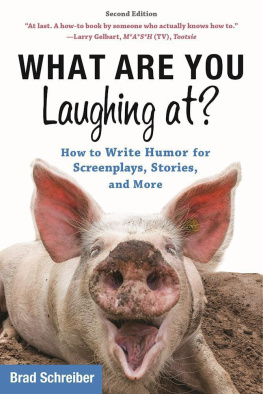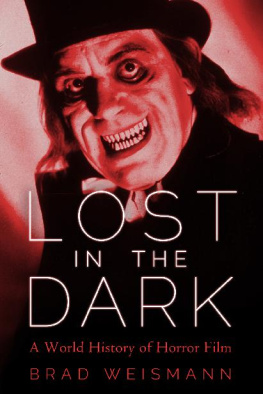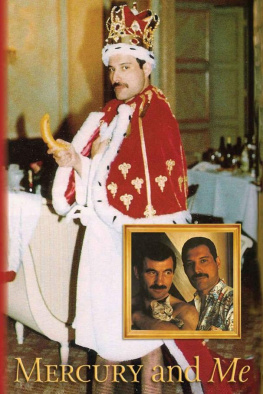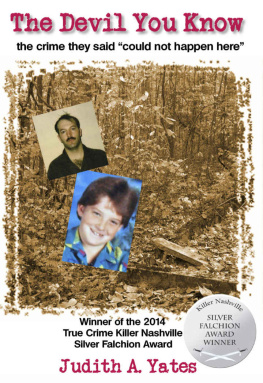Brad Watson
The Heaven of Mercury
For Mimi, Sissy, Velma, and WEW,
bless their sweet, conflicted hearts.
ID LIKE TO thank the following people and institutions: the Seaside Institute, for a month at Seaside, Florida, where I began this book and had a wonderful time; the American Academy of Arts and Letters; the Great Lakes Colleges Association; the Department of English and American Literature and Language at Harvard University; the Department of English at the University of Alabama; Jack Shank, for his three-volume history of Meridian, Mississippi, which was valuable for facts and information; the staff at the Foley Public Library, for help finding documents about early Baldwin County history; my students, for reminding me of whats important. For reading manuscripts and offering wise advice and encouragement, my enduring gratitude to Helen Vendler, Julie Anne McNary, Kim ONeil, Karl Iagnemma, Sam Shaw, and Nell Hanley; thanks to David Gessner for urging me to get on with it. Other friends who lent support and encouragement are too numerous to name here, but I am grateful for their many kindnesses. I once again thank the members of my families Collins, Watson, and Nordberg for their patience, love, and support, especially Jeanine for infinite patience in addition to the rest. Thanks to Peter Steinberg, of JCA Literary Agency, for sound advice and advocacy. Finally, Id like to thank Stefanie Diaz, Bill Rusin, Carolyn Sawyer, Ashley Barnes, and everyone else at W. W. Norton & Company; most especially Id like to thank my editor, Alane Salierno Mason, sine qua non.
Although the town of Mercury, Mississippi, in this book bears some resemblance to my hometown, Meridian, I have taken many liberties with regard to historical, geographical, demographic, and other facts. Meridian, Mississippi, is farther from the Gulf coast, is more populous, prosperous, and demographically diverse than the town represented here as Mercury. In a few cases I have used the names of real places as they stand or stood in Meridian, or referred to real historical incidents, but their use here is not meant to represent the facts about them any more or less realistically than they might be represented in an actual dream.
FIVE HUNDRED FEET above the highest building in downtown Mercury, thrust up amidst the light and swirling, lifting fog, the tower beacon for WCUV-AM glowed on and off with the regularity of a low pulse. Its red bulb illuminated a sphere of fog, so that it looked as if some throbbing, miasmic planet were drifting in the nebulous field of another, yet unformed. But then the huge red sun rose behind it all, the fog dissipated in wisps and curls, and you could see the skeletal structure of the tower, its base attached to the tip of the Dreyfus Building, at fifteen stories the closest thing to a skyscraper Mercury had. From a great distance it appeared to stand like a lone building left after a cyclone, though actually surrounded by all the low and empty-eyed smaller buildings in this slowly dying downtown, where few even of the remaining residents shopped or strolled, a town of twenty thousand that had been twenty thousand now for almost the entire century, a static death in a growing region, all migratory growth flowing around it. The aging downtown buildings, homes, railyards and junkyards, fairgrounds, car lots, truck stops, drab shopping centers, and small factories of Mercury were strewn east and west from this locus along a narrow valley one hundred miles inland from the Gulf coast, as if hurled there by the tornado that actually had destroyed the old section of downtown by the railroad tracks in 1906.
That being the blow that both stalled the citys momentum as a growing rail and trade center and drove nearly all its black population out of what had been a discrete and sprawling neighborhood around the tracks and (destitute) to a wooded area around a long and broad wooded ravine north of town owned by the scion of a decrepit and brambly once-plantation there, a man who claimed that since the Case family had brought all the black people to Mercury in 1837, a Case should take care of them now when they had nowhere to go. He allowed them to squat in his woods, gave them rough materials with which to build little shacks, gave them food in the beginning, and there protected they huddled and intermarried and developed a reputation among Mercury whites as being insular, strange, and half-wild creatures of the wood, domesticated only to the point of performing household chores. Just in the previous thirty years or so, the last Case descendants either long dead or moved on to another kind of life, they had begun to trickle out to homes in old neighborhoods around the ravine and quietly slip their best (as wood creatures slip into our midst unbeknownst) into the local public schools and state universities and beyond, to live as real human beings in the real world. Mercury was still a curiously segrated town in that way. At this point, only its odd enervation knew no ethnic or social constraints.
The valley was a river basin once thicketed with tall pines and broadleaf and run by bear, panther, deer, raccoon, bobcat, coyote, and flown by all manner of bird. In downtown anyway, only the birds remained, with the occasional disoriented, desperate coyote or coon. The deer ran the woods around. The bear were gone north, the panther south and west, the bobcat to near extinction. When one spied a bobcat in the woods, the bobcat seemed as surprised, even alarmed by his own presence as the one who spied it. Again it was as if the 1906 storm, marking the new centurys change, had tossed all the old far around and left it ravaged for the new. But the birds returned, unfazed, to flick and flit through the streets and around the old blank-eyed windows of downtown, to crisscross the air above the dwindling number of humans who toddled along its sidewalks, who stood dazed in its dusty windows, not long for this world, who seemed but images left behind, photocopied in little pockets of palpable humidity. The birds lived on with a sublime unawareness of oblivion or genetic continuity, an ever-present life form that would never go away as long as the earth remained the blue-and-green planet we all know. The old saying went the cockroaches would outlive everything, but Finus Bates, for one, knew the birds would feed on cockroaches easily, happily, forever.
Inside the tiny studio on the Dreyfus Buildings fifteenth floor, Finuss burled and veiny, spotted hand flipped a switch and sent a signal up the tower and into the air. He left his finger on the switch for a long, symbolic moment. He was the medium between electric power and radio wave. He would give the senseless impulse speech, and speech which was the words of not just Finus but the whole community, which was for some in effect the whole world. He felt as if he tapped the strength of life itself, with which he could infuse his listeners as a tonic against the possibility of not rising to meet the day.
He had the ironic, wizened face of a vaudevillian straight man, which he actually had been a few times in his late teens. When traveling vaudeville acts would stop in Mercury on the circuit, they sometimes wrote him in as a kind of punching bag for their roundhouse jokes because his somber dignified expression, onstage, was funny. Hed even gotten to know George Burns, in those days before George had made it. Old George would sometimes call on the phone during Finuss radio show and theyd talk for a while, about vaudeville and Gracie and Georges memories of visiting Mercury, and about Georges revivified fame as Hollywoods favorite geezer. Finuss audience in Mercury, mostly old white folks, had gotten so used to hearing George Burns call him up every month or so that in unguarded moments they almost thought of George Burns as a fellow resident, someone with whom they shared a collective knowledge of their histories, their individual lives. After all, Finus would talk to George about them, George knew many of their names. These people wouldnt have been surprised to see George tottering along Mercurys cracked and cantilevered sidewalks looking for someplace to get a good martini. Some of the old men caught themselves at times pretty sure they had actually met George, stopped to shoot the breeze with him outside Ivyloys barbershop, watched him screw one of those plastic tips onto the crown of his cheap cigar.


